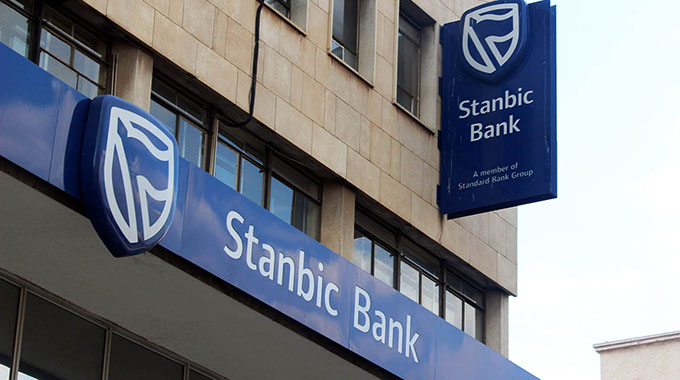Investors seek to block SecZim directive

Senior Business Reporter
A group of seven investors has filed an urgent chamber application at the High Court for stay of implementation of the Securities and Exchange Commission (SecZim) directive on migration of registers of shares between central security depositories.
SECZ in its directive dated 15 October 2021, had taken the position that listed companies should move depositories on a wholesale basis by way of exchanging electronic data between depositories.
This was after licensing of the Zimbabwe Stock Exchange (ZSE) Central Depository in addition to Chengetedzai Depository that was established six years ago.
The seven applicants are Thomas Mabuzwe, Nyashadzaishe Samukange, Chipo Chigumadzi, Montgomery Holdings Limited, Sikhumbuzo Mpala, Nigel Mberikwazvo, Wimbai Munyanyi and Nyanyi Chigumbu.
There are 13 respondents with SecZim being the first respondent, ZSE the second and Chengetedzai Depository Company as the third respondent. The other 10 respondents are Axia Corporation Limited, ART Corporation Limited, Dairibord Holdings Limited, General Beltings Holdings, Innscor Africa Limited, Masimba Holdings Limited, Seed Co Limited, Simbisa Brands Limited, Truworths Limited and Zimplow Holdings Limited.
The ZSE listed companies have given notice to migrate to the ZSE Depository by 1 November 2021.
In the application, the seven applicants are arguing that the implementation of the Directive will cause irreparable harm in that it will automatically terminate the Applicant’s existing contracts with their respective CSD’s, forcing them to contract with a new CSD.
“This will seriously undermine the Applicants’ freedom of association and contract,” reads part of the application.
The applicants said that the grounds upon which the application is made are that SecZim is mandated in terms of the Securities and Exchange Act (Chapter 24:25), to provide high levels of investor protection, promote market integrity and investor confidence, ensure transparency in capital and securities markets and encourage the development of free, fair and orderly markets in Zimbabwe.
They highlighted that in terms of the law, a share once issued by a company is movable property and can only be transferable in a manner provided for and cognizable by the law.
“It therefore follows as an elementary principle of our law that the Constitution, common law and the law governing property rights apply to issued shares. There is no issuer who has the competence or authority to order or effect the movement of shares from one CSD to another.”
The investors said SecZim therefore has no legal basis and cannot be vindicated in that it is in breach of the Companies and Other Business Entities Act (Chapter 24:31), Section 3 of the Administrative Justice Act (Chapter 10:28) and also violates the Applicants’ freedom of contract and freedom of association.
“The Applicants have quickly acted when the need to act arose to protect their rights. The issues being raised by the Applicants strike at the heart of the capital and securities markets of Zimbabwe.
“Investor confidence is waning by the day and the rights of the investing public are in jeopardy.
“The matter thus evinces urgency of a commercial nature and the Court is enjoined to intervene in protection of investors,” reads part of the application.
In terms of how the capital markets ecosystem works, SecZim is a regulator responsible for licensing and regulating the ZSE as an Exchange, the third Respondent Chengetedzai is a Securities Depository and Settlement Agent and also the business of the ZSE as a Securities Depository and Settlement Agent.
SecZim also regulates the trading of securities issued by the listed companies to the public. The ZSE is an Exchange licensed to list the securities of Issuers who issue their shares and securities to the public. The listed companies are Issuers whose securities or shares are listed on the ZSE’s exchange for a fee known as the listing fees.
Chengetedzai operates as a securities depository and settlement agent. It is accordingly licensed by SecZim to hold the shares in an electronic form known as de-materialised form.
Each Investor has an account opened in his/her/its name and is allocated an account into which the shares are deposited. On opening an account the investor completes an account opening form and submits Know Your Customer information (KYC).
Upon disposal of the shares or any part thereof by the Investor, the CSD debits the Investor’s account accordingly.
On sale of shares, the account of the depositor is usually credited with purchase price and a corresponding debit entry is effected.
The Investor and a CSD have a contractual relationship, which is independent of the Issuers.










Comments